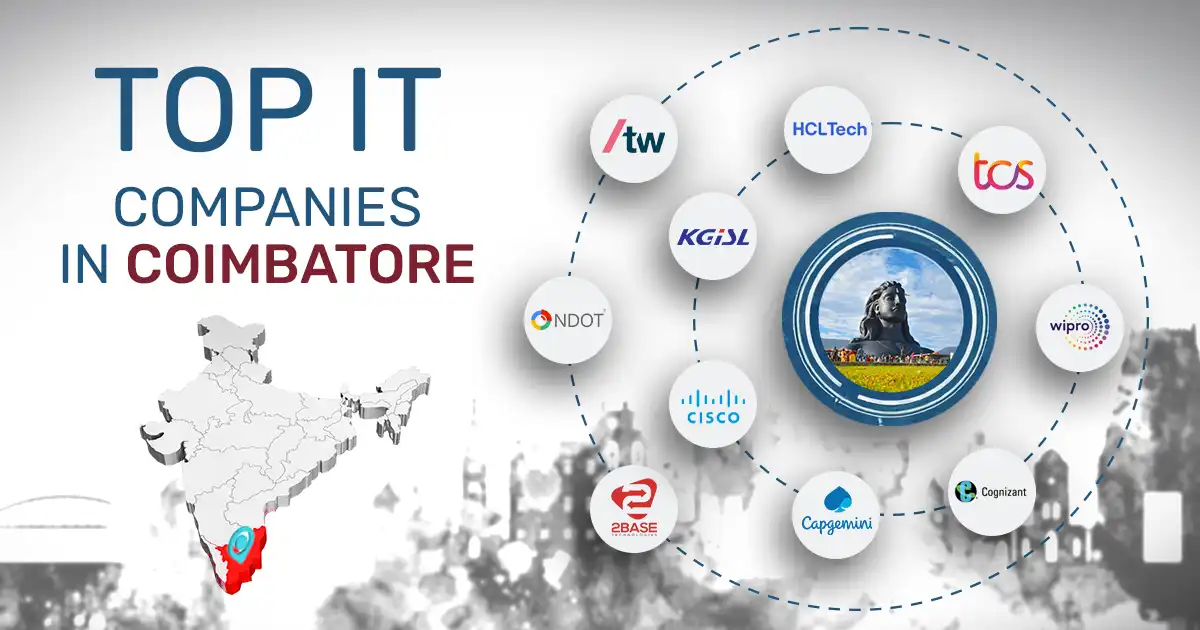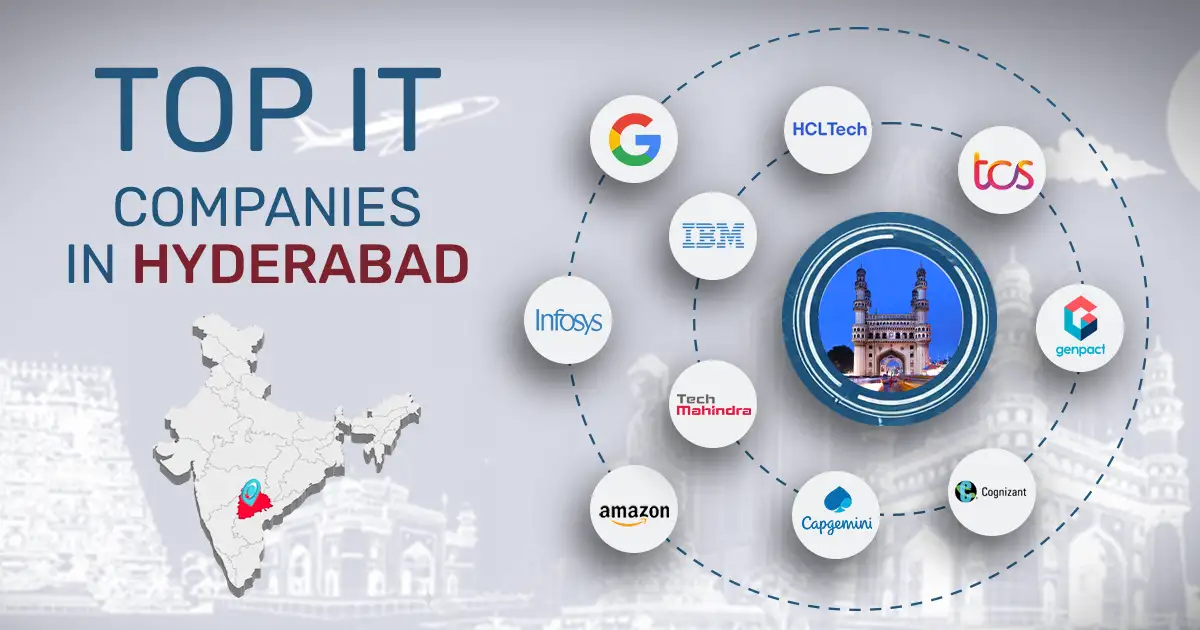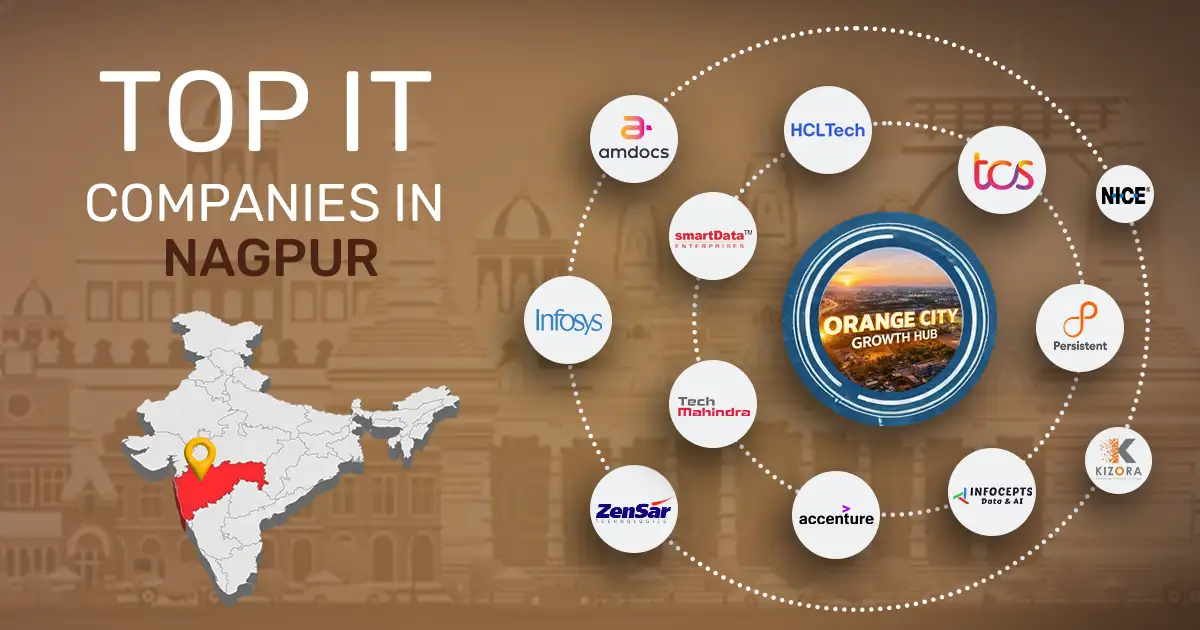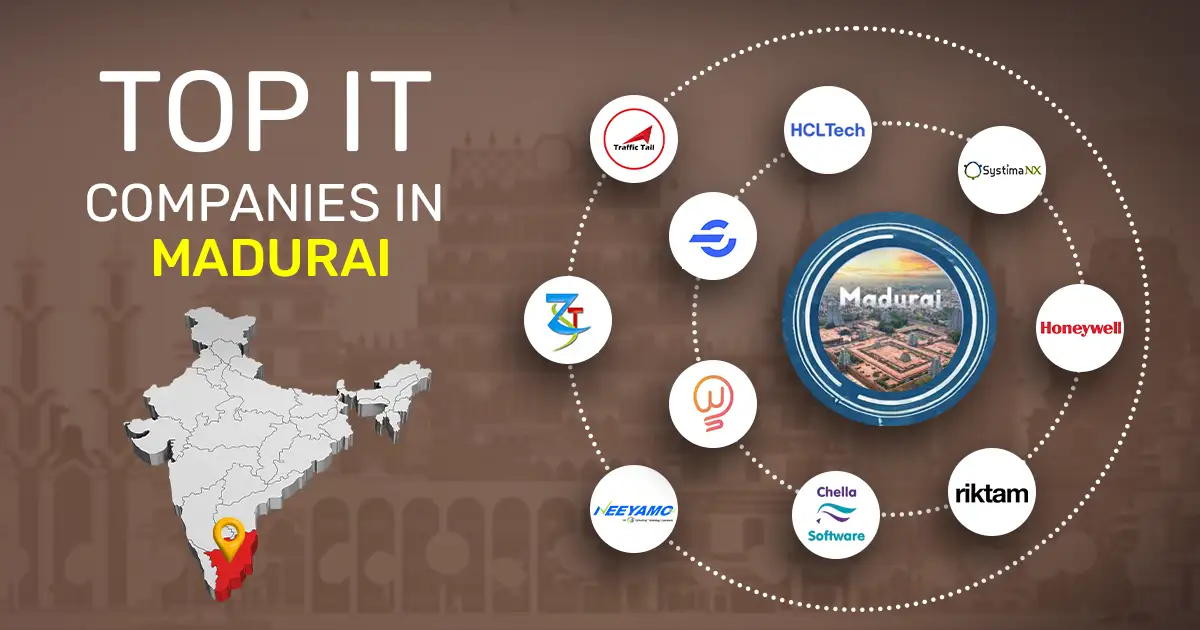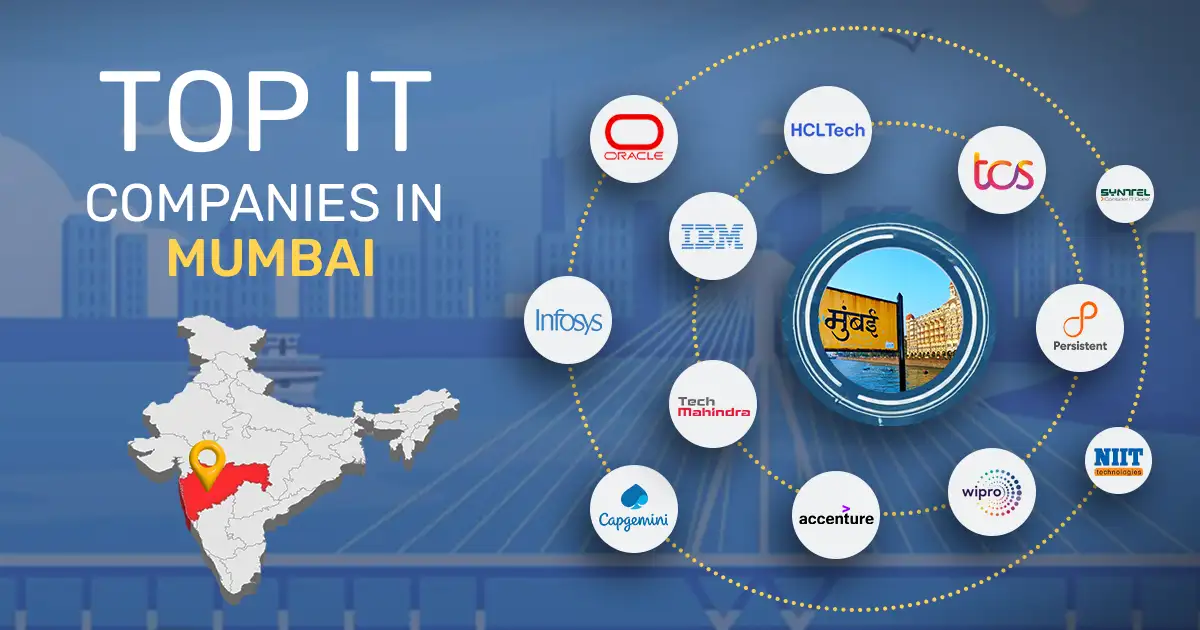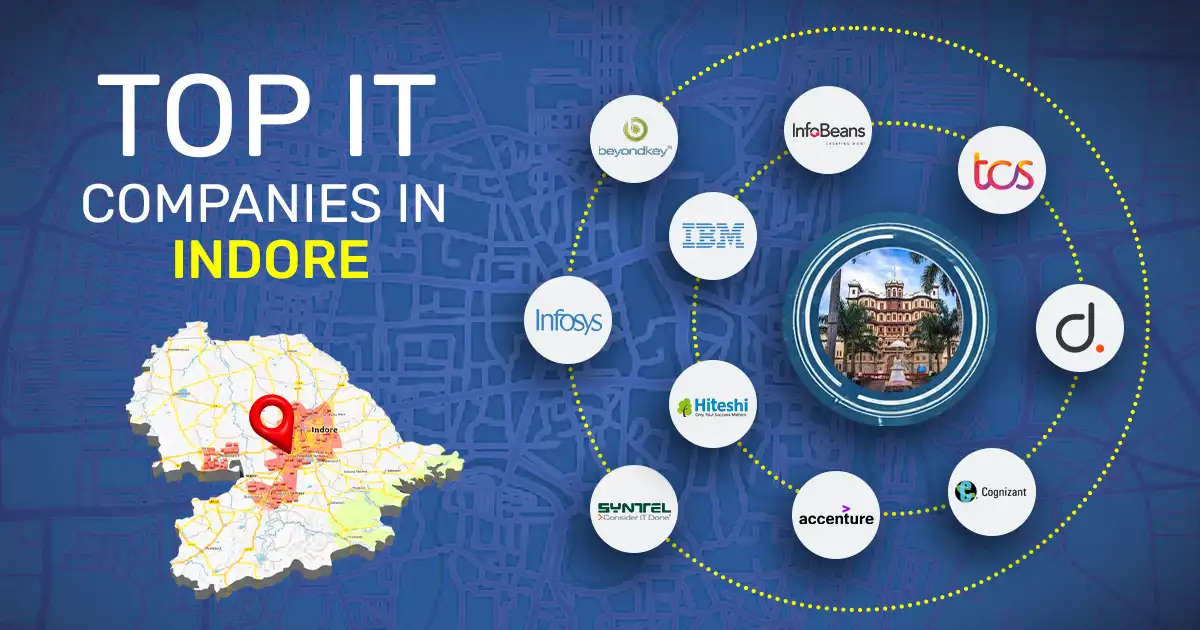| Category | Item | Estimated Cost (THB) | Estimated Cost (Rs.) | Notes |
| Government Fees (DBD) | Company Name Reservation | 200 to 500 | 526 to 1,315 | To reserve your desired company name with the Department of Business Development (DBD). |
| Memorandum of Association (MOA) Filing Fee | 500 to 25,000 | 1,315 to 65,750 | Calculated at THB 500 per THB 100,000 of registered capital, with a minimum of THB 500 and a maximum of THB 25,000. |
| Company Registration Fee (DBD) | 5,000 to 100,000 | 13,150 to 263,000 | Calculated at 0.05% of registered capital (for capital up to 500,000 THB), minimum THB 5,000. For higher capital, the rate may change, with a maximum of THB 100,000. |
| Statutory Meeting Registration Fee | Included in the company registration fee | Included in the company registration fee | No separate fee, but the minutes and documents are part of the main registration. |
| Licenses & Permits (Government) | VAT Registration | Free (Application) | Free | No direct government fee for application, but professional assistance may incur costs. Required if projected annual turnover exceeds THB 1.8 million. |
| Corporate Tax ID Application | Free | Free | Automatically issued upon company registration. |
| Foreign Business License (FBL) (if applicable) | 20,000 to 250,000 | 52,600 to 657,500 | Required if your foreign-majority company operates in a restricted FBA List 2 or List 3 business and doesn't have a BOI promotion. The fee depends on the capital and the type of business. |
| BOI Application Fee | Free (Application) | Free | There are no government fees for applying for the BOI promotion. However, professional fees for preparing the extensive business plan are significant. |
| Work Permit Application Fee | 750 (3 months) to 3,000 (1 year) | 1,972 to 7,890 | Per person, per application/renewal. |
| Professional Fees (Consultants/Lawyers/Accountants) | Legal & Company Registration Services | 30,000 to 100,000+ | 78,900 to 263,000+ | This is the most significant cost. Includes drafting MOA/AOA, handling DBD submissions, liaison, and general advice. Highly variable based on complexity and firm reputation. |
| Accounting Setup Services | 5,000 to 15,000 | 13,150 to 39,450 | Initial setup of the accounting system. |
| BOI Application Assistance | 100,000 to 350,000+ | 263,000 to 920,500+ | For preparing the detailed business plan, financial projections, and representing you during the BOI application and interview process. It can be a substantial investment due to complexity. |
| Foreign Business License (FBL) Application Assistance | 50,000 to 100,000+ | 131,500 to 263,000+ | For preparing the FBL application, business plan, and assisting with submissions. |
| Document Legalization & Translation | 5,000 to 20,000+ | 13,150 to 52,600+ | Costs for notarization, MEA attestation (in India), and legalization by the Thai Embassy in India for your Indian corporate and personal documents, plus certified Thai translations. |
| Power of Attorney (PoA) Preparation | 1,000 to 2,000 | 2,630 to 5,260 | If you authorize someone to act on your behalf. |
| Registered Office Service | 5,000 to 18,000 per year | 13,150 to 47,340 per year | If you don't have your own physical office, you'll need to use a service provider. |
| Company Seal | 500 to 1,500 | 1,315 to 3,945 | For creating the official company stamp/seal. |
| Other Initial Costs | Corporate Bank Account Opening | 2,000 to 5,000 | 5,260 to 13,150 | Fees are charged by banks for account setup and documentation. |
| Initial Visa Application (Non-B Visa) | Varies by country/consulate | Varies by country/consulate | Costs incurred in India for your initial business visa. |
| Annual Compliance & Maintenance Expenses | Annual Accounting & Tax Filing Services | 20,000 to 100,000+ per year | 52,600 to 263,000+ per year | For bookkeeping, financial statement preparation, corporate income tax filing, and VAT filings (if applicable). Varies by company size and transaction volume. |
| Annual Audit Fee (Mandatory for most) | 10,000 to 80,000+ per year | 26,300 to 210,400+ per year | Mandatory for all limited companies. Varies by company size and complexity. |
| Social Security Contributions (Employer's share) | ~5% of an employee's salary (max THB 750/month per employee) | ~1,972/month per employee (max) | Employer's mandatory contribution to the social security fund for employees. |
| Visa & Work Permit Renewals | 750 to 3,000 per year (per person) | 1,972 to 7,890 per year (per person) | Ongoing cost for foreign employees. |
| Office Rent & Utilities | Highly variable | Highly variable | Depending on location (e.g., Bangkok CBD vs. provincial), size, and usage. |
| Legal Retainer (Optional) | 10,000 to 50,000+ per year | 26,300 to 131,500+ per year | For ongoing legal advice and compliance support. |


